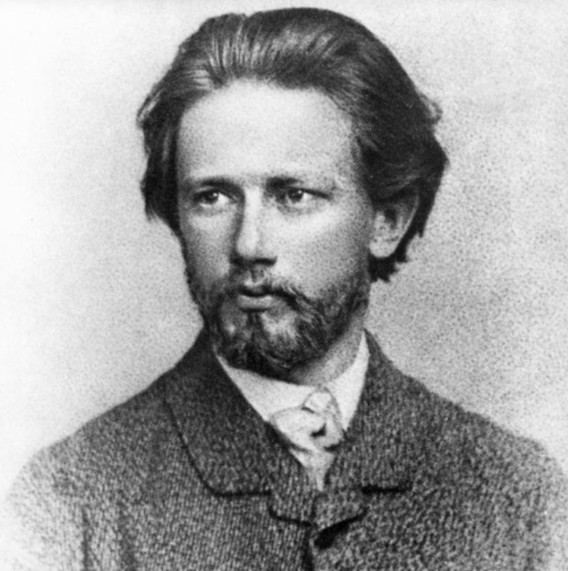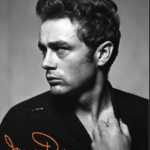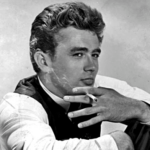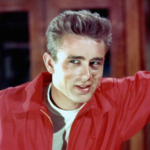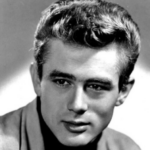Pyotr Ilyich Tchaikovsky (1840–1893) was a composer and conductor representing Russia as a composer of Swan Lake, The Nutcracker, The Four Seasons.
Tchaikovsky had only a few women, Desiree Artaud and Antonina Milleukova, who Tchaikovsky loved for the first time. And there is Madame Nadetsda von Mek, who has given a lot of support to her music career.
In this episode, we will look at Desiree Artaud and Antonina Milleukova, and in the next episode, we will look at Mrs. Nadezda von Mek, who sponsored Tchaikovsky’s musical activities, based on materials that secure as much objectivity as possible.
1. Tchaikovsky’s lover, Primadonna Desiree Artot
Tchaikovsky was born in a mining camp in the remote rural region of Kamskovoskinsk, to his father, Ilya Petrovic, a Ukrainian government coal mine engineer and junior official, and his mother, Alexandra, a Russian mixed with French and German blood.
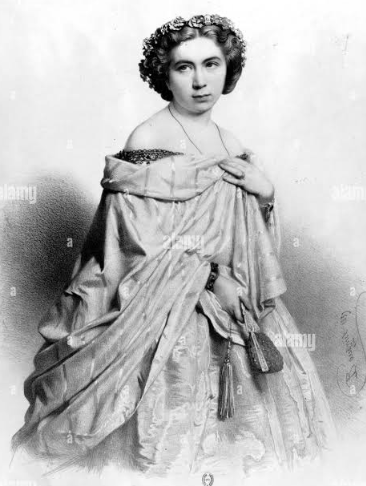
Tchaikovsky fell in love with Desiree Artaud, a prima donna from the Italian opera company who visited Russia in the 1860s. He was 20 years old when Desiree was five years older.
Désirée Artôt (1835–1907) was a Belgian soprano who was well-known in German and Italian operas and was primarily active in Germany.
Until the end of that year, the two were reportedly considering marriage. It was Tchaikovsky’s first serious attempt to overcome homosexuality.
However, her relationship with Desiree Artaud was short-lived. Her mother, who was traveling with Desiree, was fiercely opposed to marriage.
There was a reason for this: there was an Armenian man who fell in love with her enough to sit in the front seat and watch Desiree in every performance.
This is because the man separated by telling Desiree’s mother that Tchaikovsky was lying without informing her about his current financial status and history of homosexuality.
Due to this snobbery, they could not be achieved and separated from Desiree. Desiree eventually married Spanish baritone singer Mariano Padillay Ramos in 1869. Nevertheless, Tchaikovsky dedicated six songs to Desiree, keeping in mind the range in which her voice would most suit him.
Works such as Tchaikovsky’s Piano Concerto No. 1 and the Romeo and Juliet Fantasy Overture were inspired by Desiree.
Desiree retired as an opera actor in 1884, and in December 1887, about 10 years after his separation from Tchaikovsky, they were happily reunited in Berlin at Berlioz’s performance of Death’s Grand Master, but they reportedly made no mention of the past.
Desiree Arte died in Paris just four months after her husband Ramos died in 1907.
2. Antonina Milleukova, Tchaikovsky’s second lover
Antonina Milyukova (1848–1917), who was legally his wife from 1877 until Tchaikovsky’s death.
Antonina is known to be a disciple of Tchaikovsky, but not much is known.
However, her family lived in the Moscow region and belonged to the upper class of the region, but is known to have lived in poverty.
Tchaikovsky and Antonina first met in 1865 at the Moscow house of the famous singer Anastasia Khvostova.
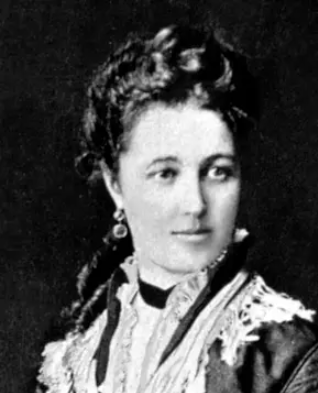
At the time, Antonina was 16 years old and Tchaikovsky was 25 years old, but Tchaikovsky did not remember this meeting, but Antonina fell in love with him at first sight.
When Tchaikovsky found out that Antonina loved him, he refused on false grounds that he loved others because he knew he was gay. And after breaking up with her, he described Antonina as “a woman I don’t love at all.”
In any case, the view of homosexuals in Russia at the time was very negative, so Tchaikovsky forced himself to marry his beloved woman, Antonina Milleukova, in July 1877 to hide the fact that he was gay.
Marriage was miserable for Tchaikovsky. In just six weeks, a permanent separation followed, to which Tchaikovsky’s family condemned Antonina, describing her character as a “half-crazy wise woman.”
“Antonina, like any other woman, is the right woman for Tchaikovsky. But my marriage to Antonina is wrong,” he said, opposing their marriage.
Antonina believed she was the victim of a family plot to end their marriage, and constantly whispered to Tchaikovsky that your family would kill your talent.
At first he did not pay attention to this whisper, but later he began to listen more and more carefully. Losing his talent was the scariest thing for Tchaikovsky. He began to believe in the slander of Antonina and his family.
Tchaikovsky separated himself from his family in October 1877 to stop Antonina’s smear campaign. The younger brother settled in St. Petersburg and then went to Moscow to ask Antonina to agree to a divorce.
Tchaikovsky and Antonina did not live together again, although she did not agree and jumped. However, Tchaikovsky developed a severe nervous breakdown, and the psychiatrist advised Tchaikovsky not to move in with Antonina again or meet her.
Due to Russia’s divorce laws, the two remained legally married until Tchaikovsky’s death. This was in 1878 and 1879, when Tchaikovsky tried to divorce twice, the only legal basis for the divorce was Antonina’s adultery, which Antonina refused to admit.
In July 1880, Antonina criticized Tchaikovsky, saying, “Why are you blaming yourself and not talking about Tchaikovsky’s own terrible vice?”
Antonina gave birth to an out-of-wedlock child in March 1881. Tchaikovsky now had a legal basis for a divorce, but he did not do anything. He might have thought that legal action would expose issues that he hoped would be forgotten or at least buried, especially the part of being gay.
He went on to send her regular expenses of living, which would have helped her live her silence. Divorce meant Tchaikovsky could be freed from financial responsibility for her, but he did not divorce.
Eventually, Antonina and Tchaikovsky only lived for two months, but Antonina had three children.
Tchaikovsky himself told his supporter Nadezhda von Meck, “You shouldn’t blame my wife,” but he didn’t stop disparaging and criticizing Antony. Reason did not overcome emotion.
Zhena Chaikovsky’s Wife (Zhena Chaikovskyo), a 2022 Russian-produced film about Antonina, who portrays a painful life because she cannot accept her husband’s homosexuality.
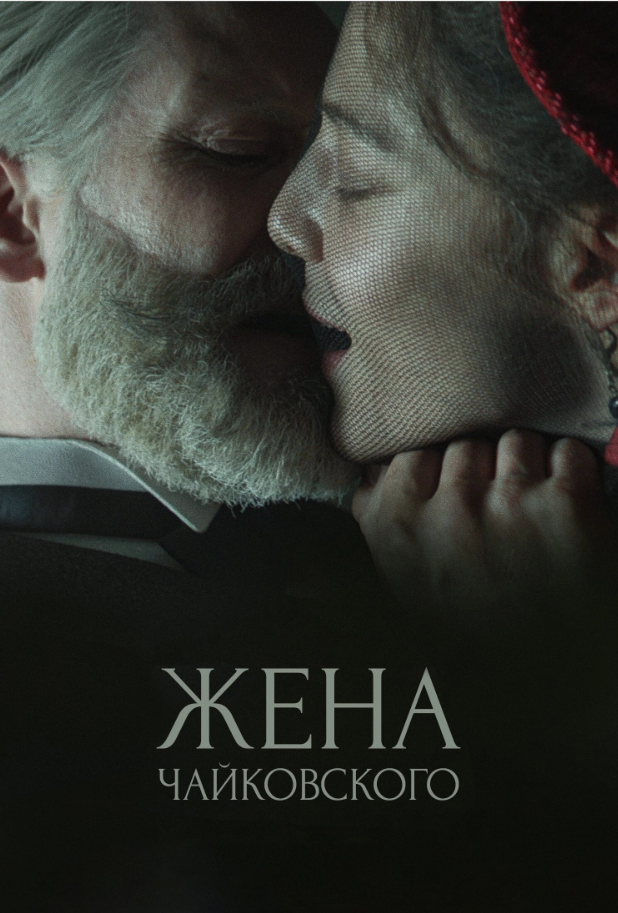
Antonina lived 24 years longer than Tchaikovsky, but spent the last 20 years in a mental hospital and died on 1 March 1917 in Moscow at the age of 68.

